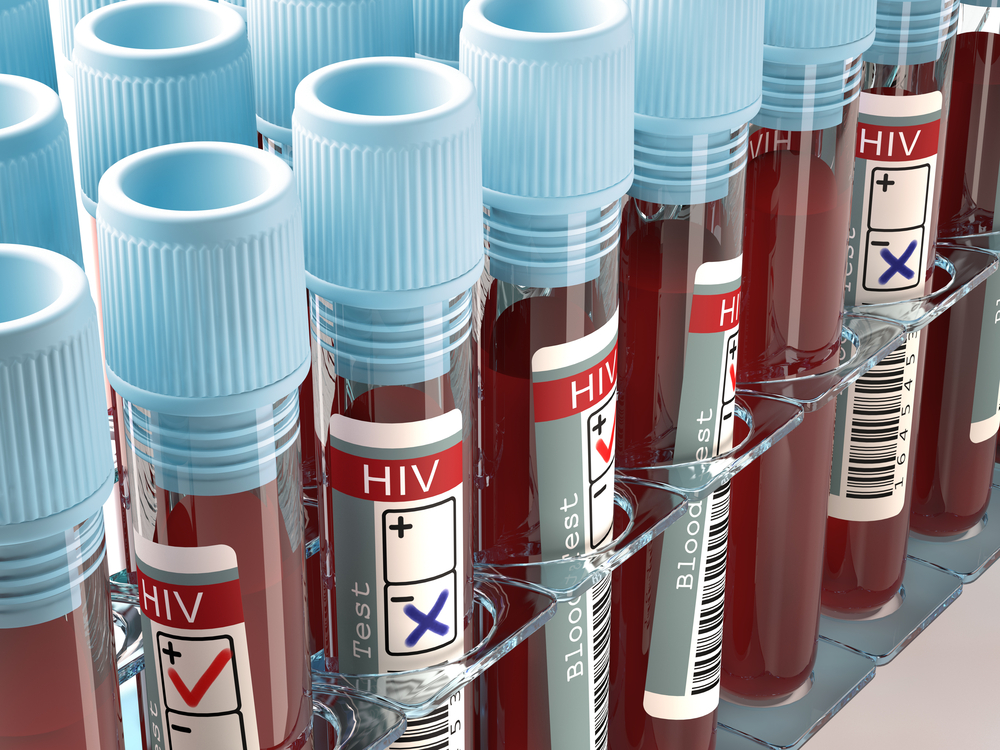
Today is National HIV Testing Day. The campaign from the Centers for Disease Control and Prevention (CDC) raises awareness of testing for early diagnosis of the virus with events held throughout the country.
While it’s a consumer-based campaign, we are acknowledging the observance by sharing some statistics on the disease. How much do you know about HIV? Take our quiz to find out:
True or False: One in three people living with HIV do not know they are infected.
False. One in seven do not know they are infected with the virus. That’s 15 percent of the estimated 1.1 million people living with HIV in the United States.
True or False: The majority of U.S. adults have never been tested for HIV.
True. An estimated 62 percent of Americans aged 18 and over have never been tested for the virus. HIV testing rates is also low among youths, with 22 percent of sexually active high school students and 33 percent of young adults aged 18–24 years reporting ever having received an HIV test, according to a Morbidity and Mortality Weekly Report on HIV testing.
True or False: Only people at high risk for the disease need to be tested.
False. The CDC recommends that everyone between the ages of 13 and 64 get tested for HIV at least once as part of routine health care. People with certain risk factors should get tested more often. Gay and bisexual men, particularly young African American gay and bisexual men, are most affected.
Here’s a list of questions for who should get additional HIV testing. Answering “yes” to any of these questions increases chances of getting HIV:
- Are you a man who has had sex with another man?
- Have you had sex—anal or vaginal—with an HIV-positive partner?
- Have you had more than one sex partner since your last HIV test?
- Have you injected drugs and shared needles or works (for example, water or cotton) with others?
- Have you exchanged sex for drugs or money?
- Have you been diagnosed with or sought treatment for another sexually transmitted disease?
- Have you been diagnosed with or treated for hepatitis or tuberculosis?
- Have you had sex with someone who could answer yes to any of the above questions or someone whose sexual history you don’t know?
Anyone answering “yes” to the above questions should be tested at least once a year. Sexually active gay and bisexual men may benefit from more frequent testing (for example, every 3 to 6 months).
True or False: Twenty percent of HIV diagnoses in the United States were attributed to injection drug use.
False. Six percent of HIV diagnoses in the United States were attributed to injection drug use (IDU) and another 3% to male-to-male sexual contact and IDU.
True or False: The number of annual HIV infection is declining.
True. From 2008 to 2014, the estimated number of annual HIV infections declined 18 percent. However, with more than 90 percent of new HIV infections being transmitted by persons who do not know they are infected or are not receiving treatment, the CDC stresses the importance of early diagnosis and linkage to care to reduce further the number of new HIV infections.




